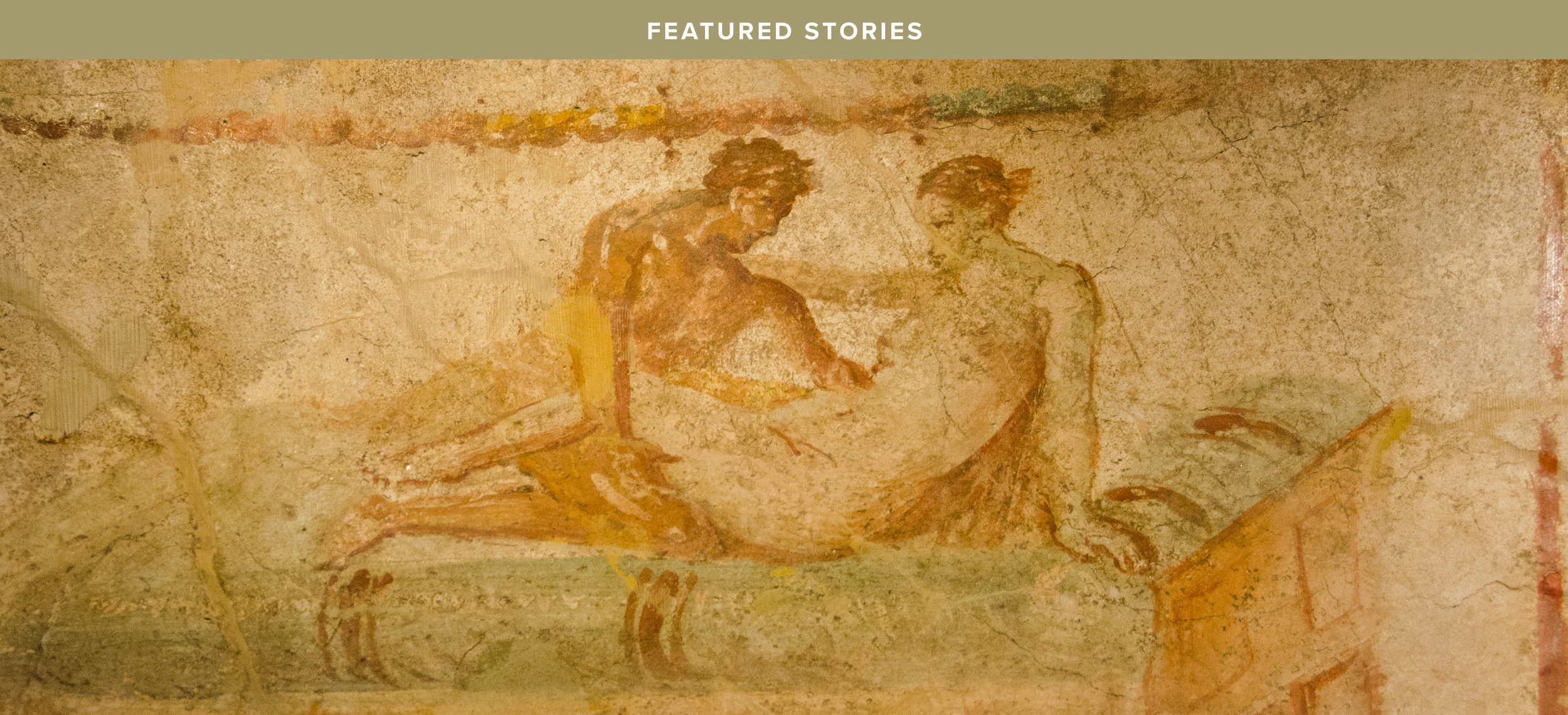The Unsentimental Southerner
“There won’t be any biographies of me,” said Flannery O’Connor, “for only one reason, lives spent between the house and the chicken yard do not make exciting copy.” She sorely underestimated the literary world’s interest in her. A Habit of Being, a 617-page collection of her letters, published after her death, made the best-seller list and established her as the most memorable character she ever transcribed to paper. With regard to her biographies, Melissa Simpson has penned Flannery O’Connor: Hermit Novelist and Sarah Gordon has edited Flannery O’Connor: In Celebration of Genius. Her work has inspired dissertations and countless scholarly articles. On June 5, 2015, the US Postal Service issued a stamp honoring Miss O’Connor. The portrait on the stamp was taken from a photograph when the author was a student at Georgia State College for Women and is surrounded by peacock feathers. It was the 30th stamp in the Literary Arts series.
The peacock graces the cover of Flannery O’Connor’s Mystery and Manners, a collection of her occasional prose, selected and edited by Sally and Robert Fitzgerald. O’Connor had a special affection for peacocks and very much enjoyed their company. No doubt she appreciated the Roman legend that Juno transposed the hundred eyes of Argus to the peacock’s tail after he was slain by Mercury. “I intend to stand firm and let the peacocks multiply,” she wrote in a 1961 article entitled “Living with a Peacock,” “for I am sure that, in the end, the last word will be theirs.”
Despite the accolade, O’Connor denied that she was a mystic. Nonetheless, her attitude toward life was completely contemplative. She regarded her talents as a gift from God to be used as He willed and realized that she should not try to force inspiration. “I have never been anywhere but sick,” she confessed. But she saw even sickness as a gift: “In a sense, sickness is a place, more instructive than a long trip to Europe, and it’s always a place where there’s no company, where nobody can follow. Sickness before death is a very appropriate thing and I think those who don’t have it miss one of God’s mercies.”
Flannery O’Connor died at 39 of Lupus erythematosus, a devastating neurological disorder that had claimed her father. In her final years she was confined to a chicken farm in Milledgeville, Georgia. She was able to extend her life by giving herself daily injections and adhering to a highly disciplined existence. She hobbled around on aluminum crutches and could write for no more than two hours a day. “To expect too much,” she said, “is to have a sentimental view of life.” “My greatest exertion and pleasure,” she wrote in her last years, “has been to throw the garbage to the chickens and I can still do this, though I am in danger of going with it.”
To a correspondent who had expressed a certain uneasiness in writing to a celebrity, she pointed out that fame is “a comic distinction shared by Roy Rogers’ horse and Miss Watermelon of 1955.” Despite her infirmities, she welcomed answering letters from complete strangers. “Mail is very important to me,” she declared, “I never mind writing anybody.”
Flannery O’Connor was at odds with the world, but at peace with God. “If you live today,” she advised, “you breathe in nihilism.” On the other hand, she expressed her gratitude for being a Catholic for saving her “a couple of thousand years in learning to write,” since it was through the Church that she learned about “the mystery of existence.” She regarded Church dogma as a gateway to contemplation, a form of teaching that in no way could limit a limitless God.
Her unsentimental view of things allowed her to see clearly what was wrong with the world and what was right with the Church, though she warned that we should not take seriously the criticisms made by “unimaginative and half-dead Catholics who would be startled to know the nature of what they defend by formula.” Both her writing and her personal example will continue to be a source of understanding and inspiration to many, both inside and outside of the Church.







